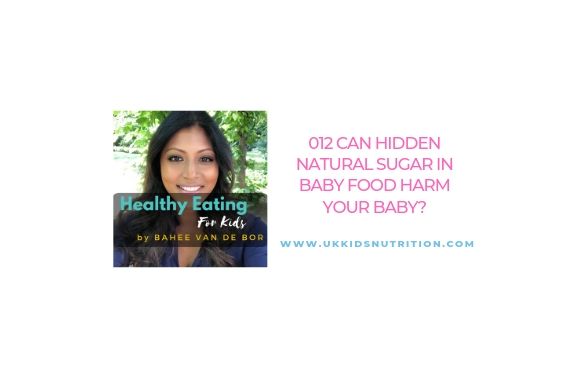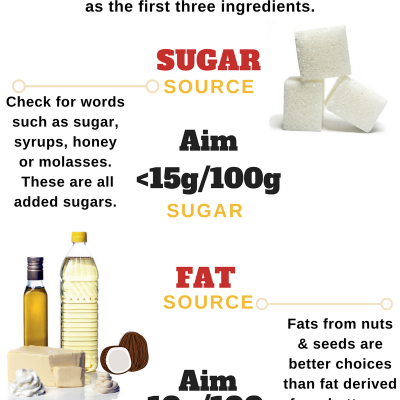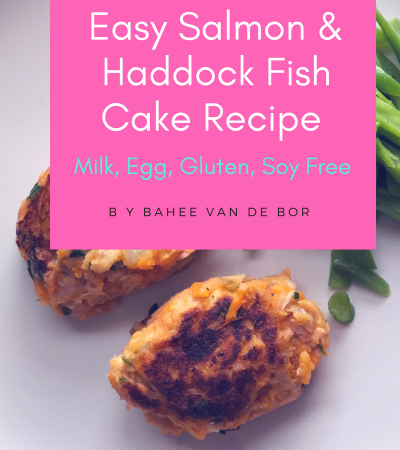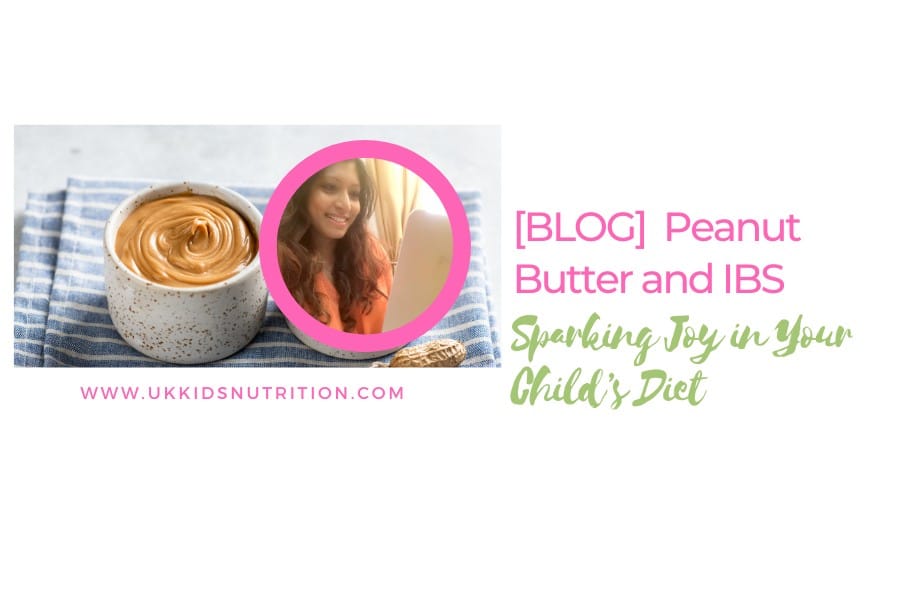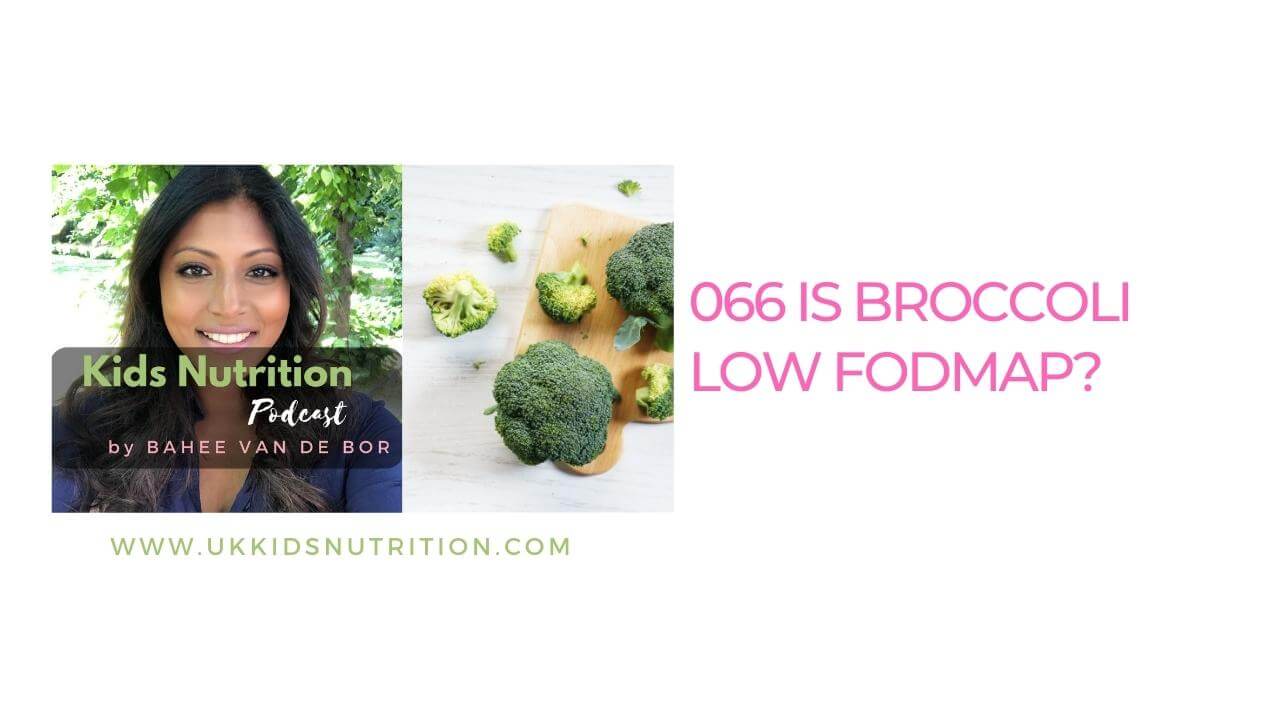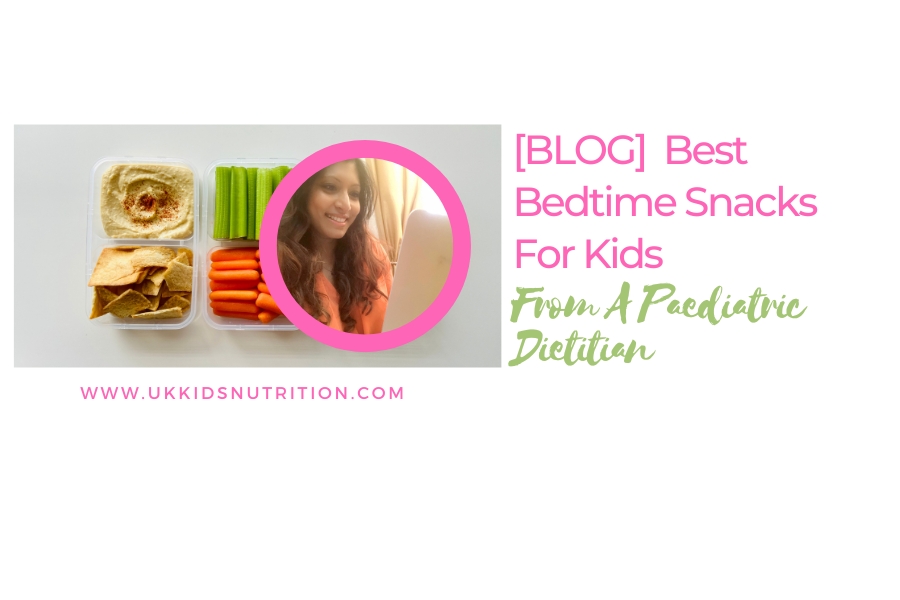Subscribe: Apple Podcast | Email | Spotify | Stitcher
Did you know that hundreds of industry manufactured baby foods are inappropriately marketed as suitable for babies? The baby foods also contain added sugar disguised as natural sugar.
Baby food: industry secrets on natural sugar
If you are health conscious and good nutrition for your baby is important then I know that this will worry you.
The problem with any type of added sugar is that babies instinctively gravitate towards sweetened flavours. It’s no surprise that the industry adds natural sugars to some baby foods to gain repeat purchases.
The current advice from paediatric dietitians is to start solids by offering vegetables first. It’s trickier to get babies to love “bitter” tasting courgette or spinach especially if baby has been devouring finger-licking banana or puréed delicious apples.
Don’t get me wrong. There’s nothing wrong with fruit. It’s an important source of fibre, antioxidants, vitamins and some minerals. But the increasing presence of deceptive natural sugars in baby food isn’t supporting our babies to be adventurous with their palette.
From that perspective, some babies become very reliant on sweetened foods and afraid to explore other tastes and flavours. This can lead to feeding problems with nutritional deficiencies.
There’s so much more to consider when preparing your baby for starting solids. There are questions around food allergy, additives, superfoods, and whether you go organic or not. If you are also a busy mum you are probably craving convenience. Shop bought baby food may be the answer but you’ll still need to read through food labels very carefully.
The good news is that you don’t need to avoid fruit. Suitable baby foods to start weaning with are fruit and vegetables. They really are the perfect first choices.
Having said that, try not to offer only the fruit. Do expose your baby to a good variety of both fruit and vegetables separately during the initial weaning phase.
Feeling confused? Book an online consultancy package with a children’s dietitian who can give you a step by step weaning plan to get started.
Why is natural sugar a problem?
The trouble is, beyond the initial weaning age of 6 or 7 months, fruit purée added to savoury foods or packaged baby food snacks can contain unwanted sugars.
In fact, depending on whether you believe that sugars like coconut or date syrups are the equivalent of Bickram yoga to a grown-up, (you know what I mean, you feel amazing after a class), the truth is, sugars that have been broken away from its original cell or structure are ‘free sugars’. Aka sugars.
This means that most sugars once broken down are virtually the same. It doesn’t matter whether it’s been processed and refined, organic in origin, obtained from a Medjool date or grown in a royal garden. Once it’s in a powder, granulated or liquid form it is a free sugar.
The main problem with sugar for babies is that it doesn’t offer any nutritional benefit. Give them too much and they can develop a preference for baby food that’s sweet and this could lead to unwanted weight gain or nutritional imbalance.
Confused? Let’s dive deeper into the differences between natural sugars and refined sugars that may be added to baby food.
The ingredient in baby food you need to be aware of
The difference between natural sugar and refined sugar is that natural sugar is obviously naturally occurring.
Natural sugars are found in fruit and are called fructose.
Another place to find natural sugar is in dairy products, such as milk, cheese and yoghurt and they are called lactose. You can read more about this in:
Refined sugars, however, are added to baby food in the processing or preparation phase to improve flavour.
This is where it can become a little confusing, as natural sugars can also be classed as refined sugars.
Did you know that natural sugar can be added to baby foods that wouldn’t usually contain it? Have you ever wondered why a certain food appears to have a high quantity of sugar but has predominantly fruit based ingredients?
Yoghurt for example naturally contains lactose, but it may also be sweetened with fructose syrup. This can be confusing as they are not listed as ‘sugar’ on the ingredients list.
Look for the below keywords when screening for any type of added sugar:
- Fruit juice concentrates
- Honey
- Syrups like date, agave, maple, fructose.
- Or scientific terms such as dextrose, fructose, glucose, lactose, maltose, sucrose.
If you spot any of these words in the ingredients list and the amount of sugars in the nutrition table per 100g is high, check where the added sugar is coming from.
If you don’t know how to read labels, then I suggest reading “How to Screen Breakfast Cereals”.
Free sugars
You now know that free sugar is one that has been broken away from its cell within the food source. Free sugars are created on juicing, making a puree or concentrating it.
When this happens the majority of fibre has also been taken away.
Processing makes it much easier for your baby or toddler to eat three to four apples all at once.
Children wouldn’t normally eat so many whole apples in one sitting. The fibre in the fruit would fill up their bellies and help them recognise that they are full after one serving of fruit (depending on how hungry they are feeling of course)!
This is why it’s important to look out for these ‘natural sugars’ that can be added to baby food.
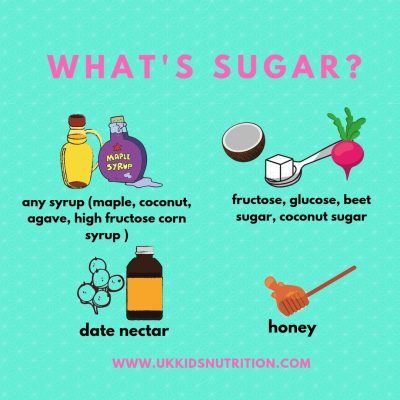
Should you offer fruit as part of weaning?
Yes, of course. Continue to offer fruit when you start solids as it is a great source of fibre, vitamins and antioxidants in your baby’s diet.
However, try to offer a variety of both fruit and veg in your baby food and remember that vegetables are often less sweet than fruit.
It’s no surprise that variety is important for helping your baby develop their preferences for a broad spectrum of flavours. A simple way of thinking about variety is to literally eat the rainbow.
Remember to create a colourful plate for your baby. This is a brilliant visual reminder to make sure that you are offering a good mix of fruit and vegetables in your baby’s diet.
But wait there’s more.
What about processed dried fruit?
The type of fruit offered as part of weaning is important as dried fruit can also be a stickler for high natural sugar content.
Often marketed as healthy due to its high fruit content, the truth is dried fruit does contain ‘free sugars’.
Public Health England advises parents to limit dried fruit products and to avoid it in-between mealtimes.
Don’t fall for the sugar trap of the “healthy” baby snacks in supermarket shelves such as fruit crisps. These are often laced with sugar hidden in the form of scientific names such as maltose.
Other baby foods known as wiggles, fruit winders or fruit snack rolls also contain very high amounts of concentrated free fruit sugars and should be limited to special occasions. Avoid as a daily choice in school lunch boxes.
How can natural sugar harm your baby?
Babies are naturally drawn to sweeter flavours. Your baby needs your help to become familiar with both bitter and sour tasting vegetables. Help your baby learn to develop a taste for bitter, sour and umami flavours.
Unfortunately, too much natural sugar can provide excess calories. This can cause excess weight gain, but can also be a problem for your child’s teeth.
Did you know that almost 9 out of 10 hospital tooth extractions among children aged 0 to 5 years are due to preventable tooth decay? (Figure was taken from Public health England survey).
Don’t be afraid to persevere with bitter or sour tasting foods. It’s perfectly normal if your baby doesn’t like these new flavours straight away.
At first, your baby will find the flavours to be new and unusual. It may just take a couple of tries when sampling all these new flavours!
Once your baby experiences the new food at least ten to twelve times he/she will be happy to tuck into these with pleasure.
How your baby eats now could determine what choices they make as adults or what they naturally prefer to eat as older children.
For example, will they happily reach for fruit as a snack? Will your child adjust to filling up on vegetables when hungry?
For more delicious snack ideas for kids check out this blog post:
What about sweet-tasting vegetables?
Though it’s recommended to reduce natural sugar by consuming less processed fruit, I don’t recommend limiting sweeter tasting vegetables.
For example, sweet potato and carrots are rich in vitamin A which is crucial for your baby’s immunity and the normal development of vision.
Can I offer my baby industry prepared baby food?
Yes of course you can. We understand that life can be busy.
What I do recommend is to always check labels and make sure that savoury dishes don’t have added fruit or sugars (including natural sugar from juice or dried fruit).
Some savoury dishes are deceptive with their vegetable content. It can have more fruit than veg, so do make sure to check that the name of the product matches the ingredient list.
Can I offer my baby industry prepared snacks from the baby aisle?
Most baby snacks have high amounts of natural sugar. These can be in the form of dried sugar. As mentioned before, some of the highest sugar content in baby food products comes from dried fruit products which are marketed as healthy due to their high fruit content.
An example of a dried fruit product could be a fruit shape, or a fruit bar. It’s OK to buy these occasionally but do avoid relying on these items frequently or using these as daily snacks.
Baby biscuits, wafers, puffs, rusks and oat bars can also contain a lot of natural sugar. These should also be kept to a minimum and if you do choose to have them be wary of the sugar content in the ingredient list.
Don’t forget if you have older children in the house, you can bake together and reduce the sugar in recipes by 30%.
Top tips on how to identify and reduce added sugar in your baby’s diet
- Avoid adding honey or syrups to your baby food (honey should be avoided for babies less than 12 months of age)
- Check the ingredients list on your baby’s food packaging and keep an eye out for added fruit, honey or syrups
- Prepare savoury veggie finger food in advance for easy on the go snacks. Foods like broccoli, cauliflower, courgette and green beans are brilliant easy snacks that encourage self-feeding.
- Prepare mashed veggie food in advance like butternut squash, carrots, potato and parsnip which can easily be paired with a protein food like cut up eggs, lentils or chickpea dishes.
- Try avoid giving your baby dried fruit products as snacks in between meals and switch to fresh fruit instead
The bottom line
Remember, it’s always best to prepare baby food at home when possible and skip the baby aisle when you go grocery shopping!
The majority of snacks or baby food in the baby aisles can be used for parties but are likely not appropriate for daily meals and snacks.
If you do choose to buy baby food from your supermarket then check labels carefully for all sugars, including natural sugars which may be added to sweeten and improve flavour.
Want to discuss your baby’s nutrition in further detail? No problem book a free call and I can talk you through my nutrition packages for 1:1 consulting with you.
Did you enjoy today’s post?
Today’s post was contributed by The Nutrinerds. Edited and approved by Bahee Van de Bor, registered paediatric dietitian.
Let Me Help
Would you like to meet a children’s dietitian who has successfully helped families solve their nutrition problems from around the world?
Whether you are worried about picky eating, food allergy or need to help your child build a healthy relationship with food, I’ll help you manage these with confidence.
For bookings and enquiries email me on [email protected] or book a free 15 minute call to discuss how I can help you at one of my London clinics.
